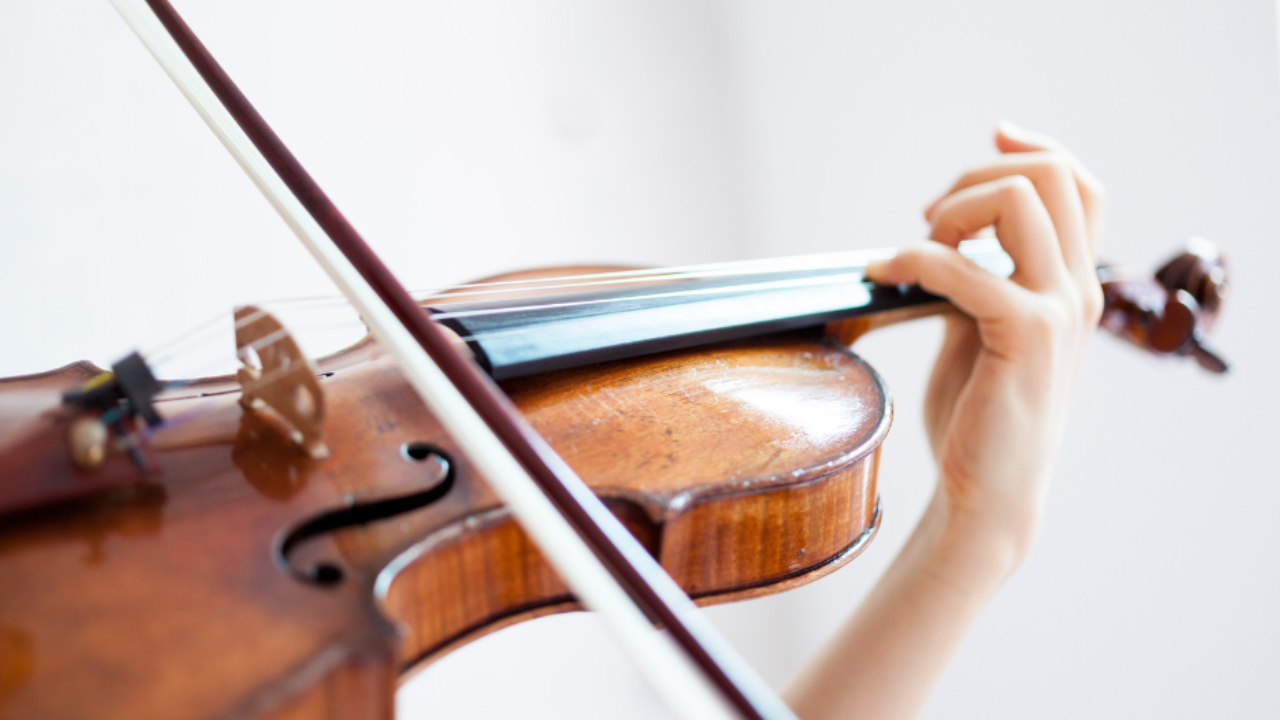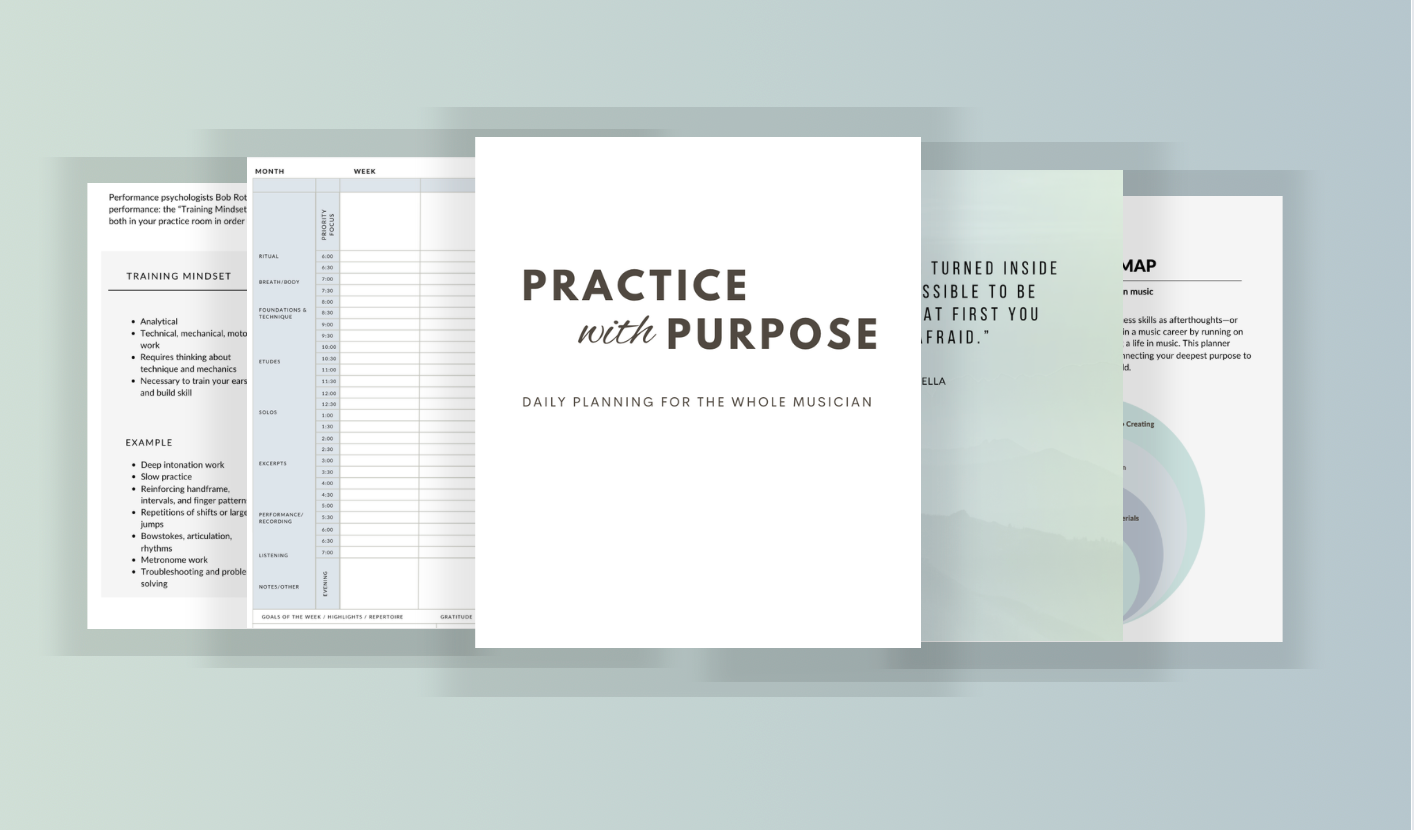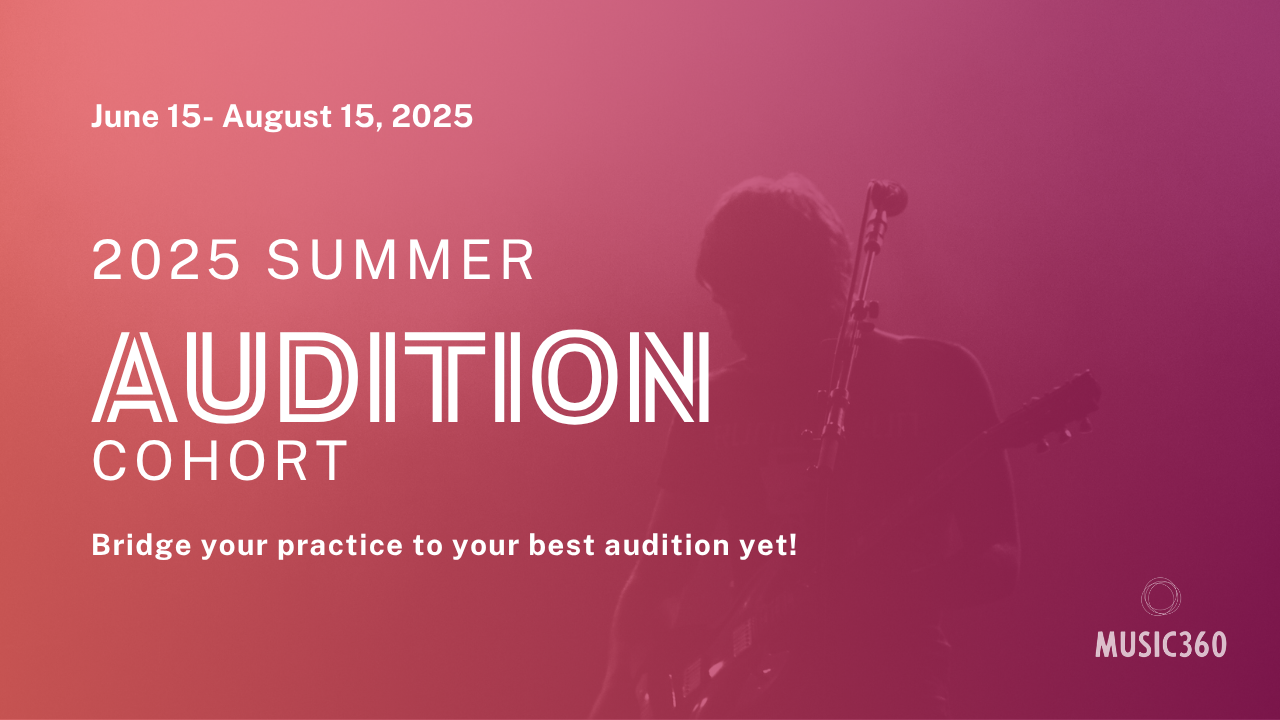Your Body is Your Instrument

She was 27. In her junior year, just four months from her end-of-the-year recital, her left elbow began to throb, a dull pain, with a tingling sensation on the pinky side of her left hand. For Turkish guitarist Serap Bastepe-Gray who was studying at the Peabody Institute, it was the beginning of long drives to the Cleveland Clinic, undergoing tests and fighting with her innate desire to keep practicing the 4-8 hours a day she was used to.
But it was also the beginning of a new career; she's not only now on the guitar faculty at Peabody, she holds a medical degree from Hacettepe University in Ankara, Turkey, holds a joint appointment in Neurology at the School of Medicine, serves on the Performing Arts Medicine Committee of the Maryland State Medical Society, and lectures and consults on health and wellness issues for performing musicians. Bastepe-Gray and a group of scientists and musicians at Johns Hopkins created the Johns Hopkins Center for Music and Medicine, opened in 2017.
She says, "Way too many musicians have to deal with the risk factors of playing for too long, too hard, and not having efficient biomechanics." Now known as "the Healer" at Peabody, she went through a successful recovery: she practiced not pushing the guitar strings all the way to the fretboard, spaced her practice sessions, took more time to rest, incorporated listening and recording as part of her practice, and sought help with making her movements more efficient and relaxed.
YOUR BODY IS YOUR INSTRUMENT
Instrumentalists don't often realize that their bodies are part of the instrument. (Singers and actors - this is part of their training from the beginning, for obvious reasons)! Posture, alignment, and physical approach to holding and manipulating the instrument is just the beginning. For wind players, the connection deepens to the breath.
The New York Times reported in 2000 that "40 percent of conservatory students experienced injuries that forced them to stop playing for a time or even to end their careers".
''Musicians use the very fine, small muscles in the body,'' said Vera Wills, who is on the faculty of the Manhattan School of Music. ''They practice hours a day, and perform a great deal. It's a big overuse syndrome. They work too hard at what they do without being physically conditioned for the task. It's not just the fingers that play the instrument. The whole body plays the instrument. The musician has to train like an athlete.''
Johns Hopkins cited the Bureau of Labor and Statistics with that there were 173,300 professional musicians in the United States in 2014. In surveys, almost three-fourths of professional musicians reported injuries and pain that affected their playing.
Today's numbers haven't changed much at all. Research points to the fact that a staggering 62-93% of musicians will develop playing or performance-related injury at some point in their careers.
WHAT GIVES!?
Carpal tunnel (wrist), cubital tunnel (elbow), pressure on nerves in the neck, tenosynovitis, bursitis, and tendinosis (in soft tissue) ... that's a few of the most common injuries musicians encounter. The culprits?
- Play too much! Many musicians play 4-8 hours a day at high intensity
- Not taking time off
- Playing through the pain, and not addressing problems
- Not seeking care and not knowing where to find knowledgeable care
- Being afraid to reveal your injury for fear of not 'getting the gig'
WHAT CAN HELP?
- First, if you are feeling any pain at all, see a physical therapist or doctor! Don't be afraid to take this step, and do it early on as soon as you feel any symptoms.
- Strength train and condition your body.
- Incorporate flexibility, mobility and relaxation exercises into your practice routine.
- Being aware of stressors in the practice room: what repetitive motions are you doing that you can make more efficient? is there a shift you can make in posture to make this motion with more ease?
- Stagger practice sessions throughout the day. Set time limits and stop when you planned to stop.
- Know your limits: don't go beyond your capacities!
- Develop off-instrument practice techniques: listen to your own recordings, listen to music, study the score
- Inform yourself of research and resources available: start with the Performing Arts Medicine Association for example
- Create a daily movement routine
- Build an emotional support system with friends and family
- Have a creative outlet outside of your instrument
Your work as a musician and artist is needed in this world! Find perspective, create a healthy and balanced routine, and include body awareness and good body mechanics as part of your practice. Treat your body as well as you'd treat your instrument... because that's what it is!


